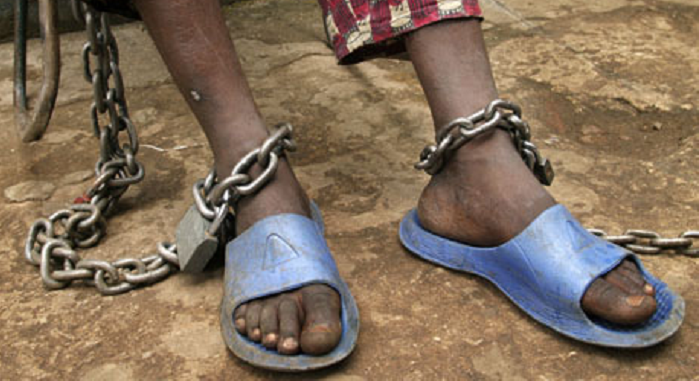
Mental patients’ families must partner caregivers
Mental illness is by far the biggest health challenge that confronts economies of the world. The World Health Organisation, in 2010, said the illness cost the world $2.5 trillion that year, while it is projected to cost about $6 trillion by 2030.
These staggering figures call for conscious concerted efforts to ensure treatment and care for the mentally ill. Disappointingly and surprisingly, however, out of the about 450 million people who suffer from mental conditions globally, as many as 270 million do not receive any form of care.
The reason for this is not difficult to determine. Research suggests that most people hold negative attitudes towards people with mental illness. The stigma attached to the condition also makes families reluctant to identify themselves with sufferers. There is also the perception that violent character traits are synonymous with the mentally retarded. This has fed into societal belief the world over that violent people are mentally ill, hence people’s abhorrence of the mentally retarded.
But psychologists assert that there is a thin line between sanity and insanity. Quite reasonably, the United Nations declaration on the rights of mentally retarded persons was adopted by the General Assembly on December 20, 1971 to, among others, guarantee rights respecting the dignity of the mentally disabled, including the right not to be exploited and abused, the right to economic security, a decent standard of living and proper medical care.
One of the provisions of the declaration worthy of note is that whenever possible, the mentally retarded person should live with his/her own family or with foster parents and participate in different forms of community life.
Though the declaration has helped to improve conditions of the mentally retarded over the years, much more remains to be done. The Daily Graphic is saddened that despite these provisions, more than 250 out of the 400 patients of the Accra Psychiatric Hospital have been neglected by their families for 30 years, as disclosed by the Deputy Director of Nursing Services, Mr Emmanuel Pappoe.
We know the same situation exists in other mental hospitals. But managing and treating mentally ill patients need a lot of partnership between mental health professionals and the families of the patients. This ensures that there is uniformity in approach, as both the professionals and the families collaborate in treatment and care.
Again, certain needs of the mentally ill, such as economic support and recreation, can only be met when their families collaborate with health professionals. We, therefore, encourage family members to partner the psychiatric hospitals for the benefit of the patients they send there. Again, the support and the partnership that the families give go a long way to help health professionals in their diagnosis, and this certainly quickens the rate of treatment, care and healing.
Furthermore, collaboration between the families of mental patients and health professionals has a very high potential to manage the normally huge expectation of families. It is this that affords the families the needed patience as the patient undergoes treatment.
We acknowledge the challenges that families of mental patients go through. We thus call on the government to adequately resource social welfare institutions, so that they can provide the needed support for families of mental patients.
